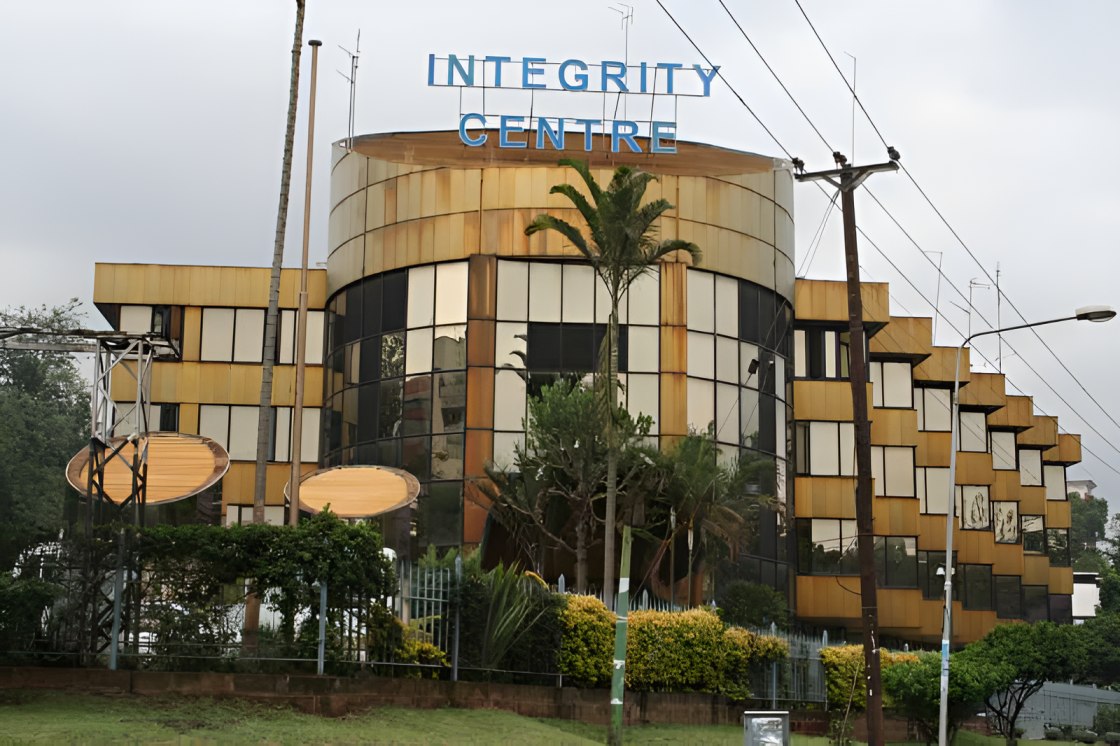EACC gains access to procurement system in new anti-corruption drive

EACC Chief Executive Officer Abdi Mohamud noted that a majority of corruption investigations handled by the agency arise from fraudulent procurement processes.
The Ethics and Anti-Corruption Commission has been granted full access to the national e-Government Procurement (eGP) system, a move expected to significantly strengthen efforts to curb graft in public procurement.
The commission described the development as a crucial step in reducing irregular procurement practices that have long plagued government spending.
Speaking during the 2025 Africa Anti-Corruption Day at the Kenyatta International Convention Centre, EACC Chief Executive Officer Abdi Mohamud noted that a majority of corruption investigations handled by the agency arise from fraudulent procurement processes.
He expressed optimism that the eGP system would help reduce human interaction in procurement procedures, enhancing transparency.
“From our experience, we have realised that major scandals happen because of fraudulent procurement. This online system will create a situation where there will be very little human contact as people will be dealing with systems providing all the information online,” Mohamud said.
He added that the system would improve the commission’s ability to track procurement data and conduct investigations efficiently. “The good thing is that whenever we are doing investigations, we will just get information from the system, even the Auditor General is recognised and many other oversight agencies,” he said.
The CEO also welcomed the government’s continued reforms in fighting corruption and called on Parliament to expedite the passage of the Anti-Corruption (Amendment) Bill, 2025. The proposed law would enhance the commission’s authority to scrutinise wealth declarations and seize unaccounted-for assets held by public officers.
Mohamud further applauded President William Ruto’s decision to return the Conflict of Interest Bill to Parliament for further consideration. He said the revised bill could play a key role in addressing corruption risks if MPs adopt the changes proposed in the President’s memorandum.
“We are very glad that the President, after realising that there were certain challenges with the COI Bill, returned it to Parliament. It is my belief that if Parliament agrees with the memo that was sent by the President, we are going to have a very good Bill that will not only address conflict of interest but also assist in identifying areas where there is need to investigate unexplained assets — because it will simplify the declaration of income, assets, and liabilities of public officers,” he said.
Mohamud added that while public officers had previously been required to submit wealth declaration forms, there was little follow-up.
“That had been a problem in the past where you had agencies and public officers given the documents, throwing them somewhere without anybody bothering to take a look,” he stated.
EACC Chairperson David Oginde called for more active public participation in the anti-corruption fight, highlighting the value of whistleblowing. “Whistleblowing is key in the anti-corruption endeavours as it ensures that corruption, due to fear of reprisal, goes neither undetected nor unpunished,” Oginde said.
However, he raised concern over the lack of public trust in state institutions, which he said discourages people from reporting corruption. He underlined that the fight against graft aims to protect public resources and improve the quality of life for all citizens.
“We aim at protecting resources that will, in turn, ensure that every child has the opportunity to reach their full potential, that every family has access to basic necessities, and that every citizen is treated with fairness and respect,” said Oginde.
Former Attorney General Githu Muigai, who served as the event’s chief guest, linked corruption to the denial of fundamental rights, especially for vulnerable groups.
“At its core, corruption is a direct assault on human dignity. It erodes the value, rights, and worth of individuals, especially the most vulnerable in our society,” Muigai said.
He stressed that corruption affects much more than public funds. “Corruption is not just the theft of money; it is the theft of hope, the denial of dignity, and the erosion of citizenship. It tells people that who you know matters more than what you need. It says access to justice, jobs, or medical care depends on a bribe, not a right,” he said.
Nominated Senator Crystal Asigi emphasised the role of leadership in shaping national integrity. She said ethical leadership is one of the strongest tools in the fight against corruption.
“A ship is not sunk because of the water around it, but the water in it. In successful countries, leaders leading by example have been and will always be the most powerful anti-corruption tool because when the tone is set by leadership, it will encourage the rest to follow,” she said.
She warned against authoritarian leadership styles masked as reformist governance. “If you look at a leader and say, this person is not running a nation, he is running an empire — that is usually the first sign of corruption, when leadership turns into dictatorship.”
She added, “Light is not a particle; it is a wave. Just the way we pushed last year and things changed — that is the same way. We can’t sit back and think that someone over there is going to save us, so we push, and things will happen because that is the only way to fight corruption.”
Africa Anti-Corruption Day is observed every year on July 11 as a reaffirmation of the continent’s resolve to tackle corruption and promote transparent governance.
